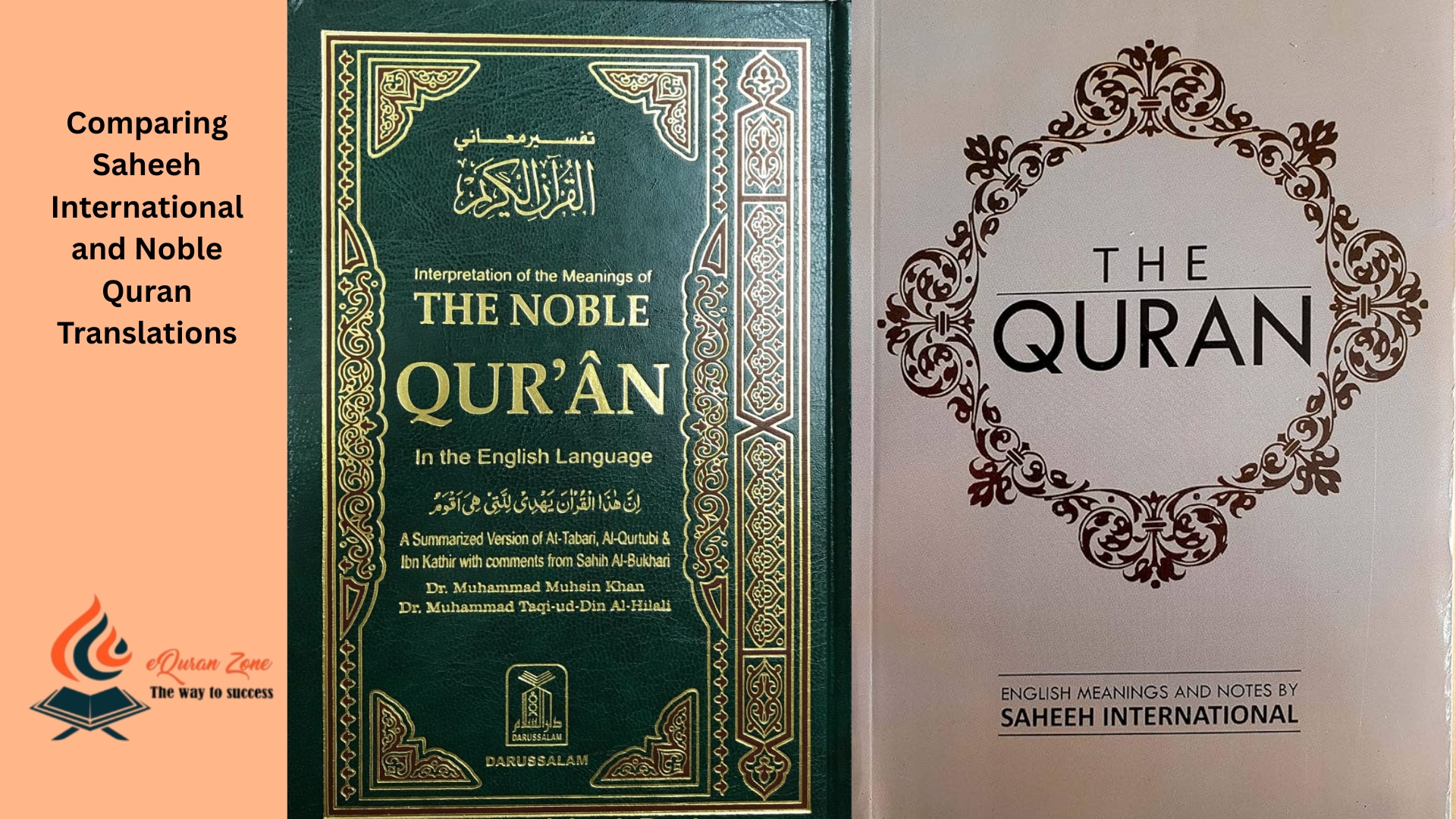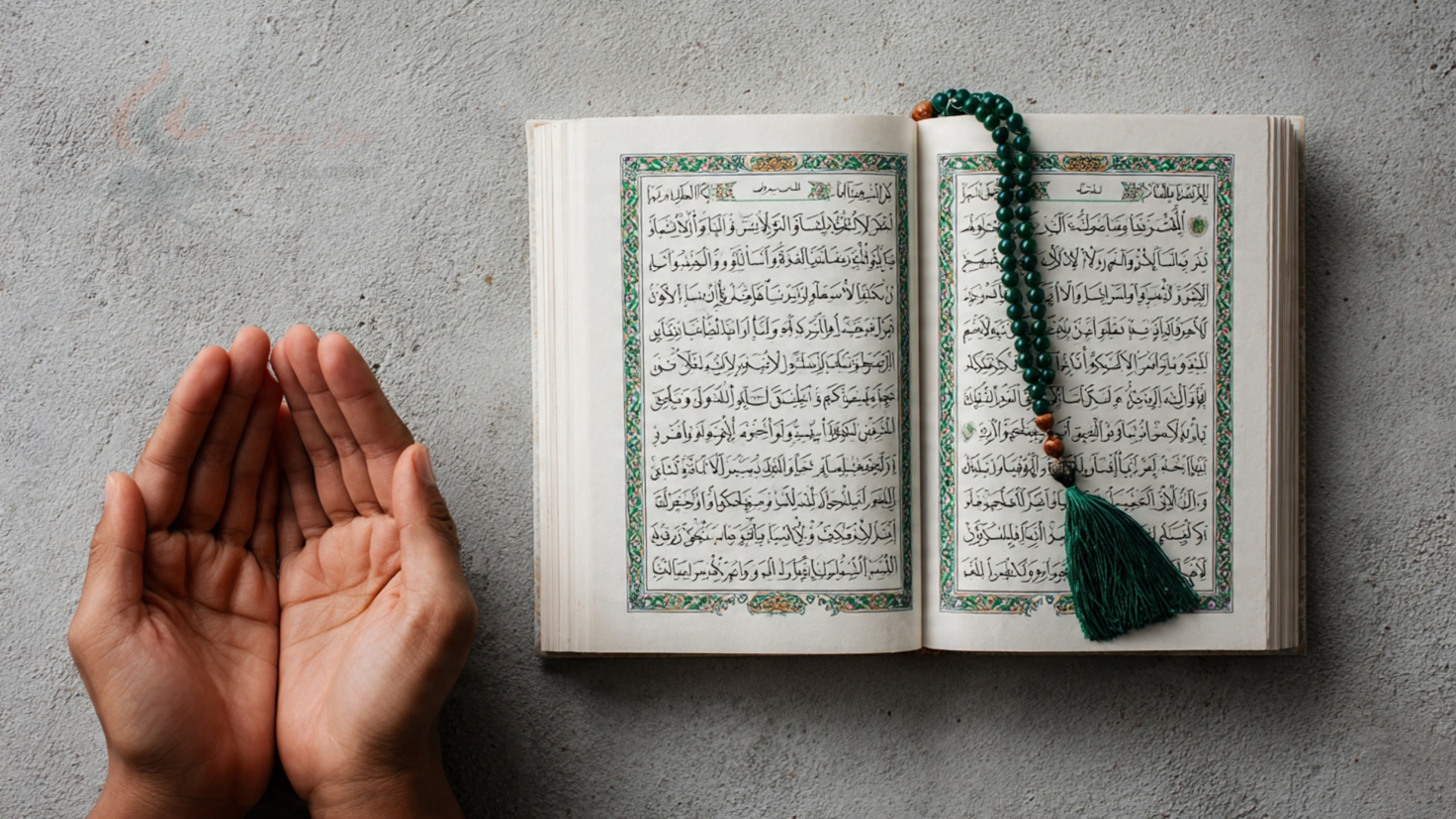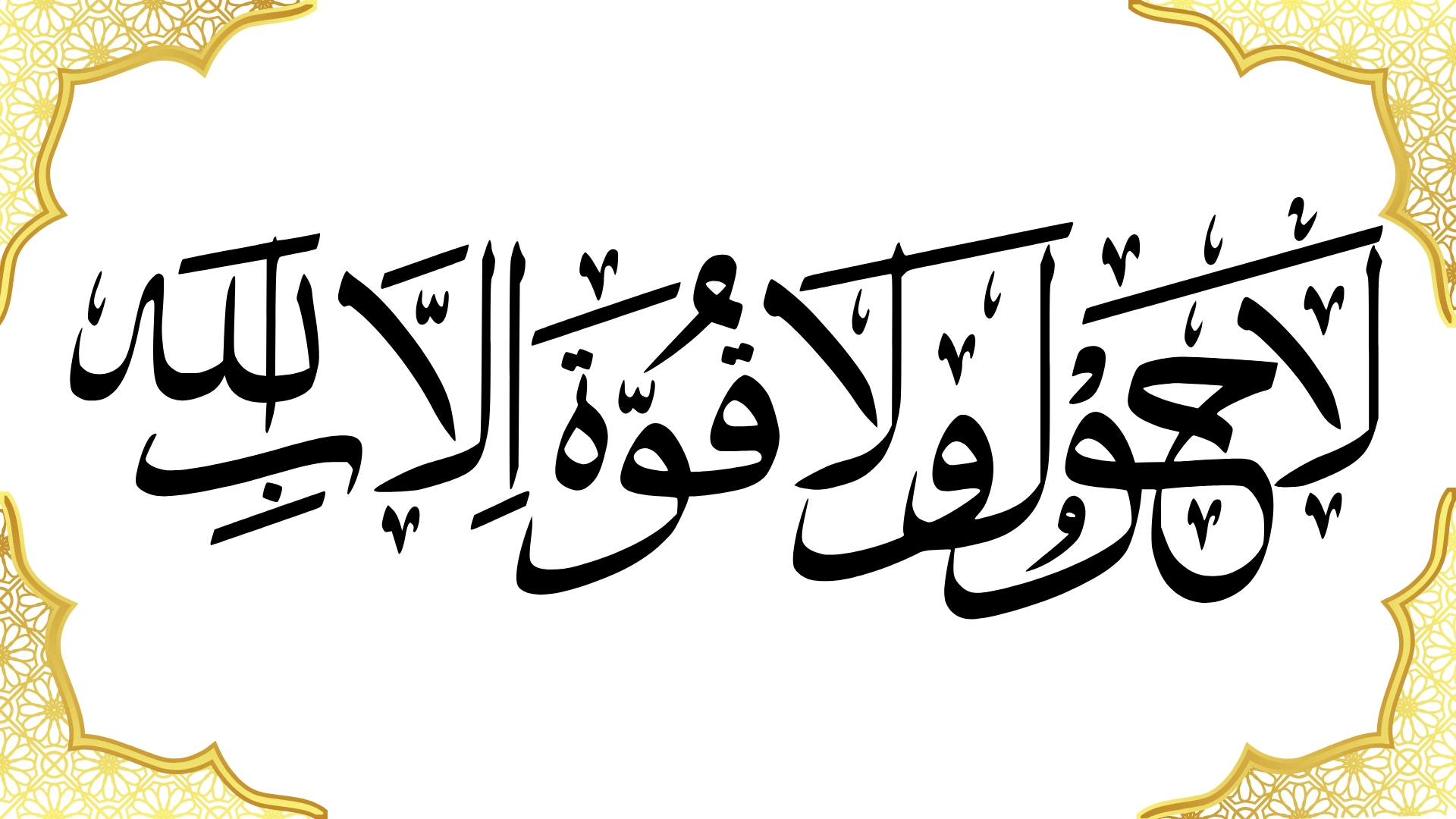The translations of Quran serve as essential instruments to make Islamic holy text accessible for people who do not speak Arabic. Two Popular Quran translations include the versions of Saheeh International along with Noble Quran. The approaches to interpret the sacred text for worldwide readers differ between each translation.
Numerous academic scholars along with researchers meticulously studied the different versions of this translation to assess their advantages and disadvantages. The reviewers acknowledge that Saheeh International excels at modern language and clarity alongside the detailed commentaries in the Noble Quran. The evaluation process considers context together with audience characteristics according to many experts.
Readers find distinct advantages in the two versions of translation. Saheeh International presents translated text in brief, easy-to-understand language targeted for newcomers in the field. The Noble Quran delivers extra understandings through parenthetical remarks that satisfy readers who desire thorough explanations. Readers can determine suitable versions of the Noble Quran through this analysis.
The Approach of Saheeh International
Saheeh International works to display Quranic meanings directly and uses straightforward phrasing to meet its translation goals. Excessive footnotes along with commentary remain absent from this translation in favor of clear text presentation. The short flowing sentences make this text understandable to both novice readers and the wider public audience.
For example, in Surah Al-Fatihah, the translation is straightforward:
“Guide us to the straight path, the path of those upon whom You have bestowed favor, not of those who have evoked Your anger or of those who are astray.”
By keeping the expressions simple, Saheeh International ensures the reader focuses on the Quran’s essential message.

The Method of Noble Quran Translation
The Noble Quran translation, created by Hilali and Khan, includes extensive parenthetical explanations. These additions address Islamic jurisprudence and beliefs. The goal is to provide a broader perspective on the verses.
Take the same verse from Surah Al-Fatihah in the Noble Quran:
“The Way of those on whom You have bestowed Your Grace, not (the way) of those who earned Your Anger (such as the Jews), nor of those who went astray (such as the Christians).”
The translation includes parenthetical clauses that interpret the verse based on traditional Islamic scholarship. While some find this helpful, others criticize it for limiting personal reflection and presenting subjective commentary.

Accuracy in Translations
Focus on Literal Meanings in Saheeh International
Saheeh International strives to deliver the literal meaning of the Quran. Its minimalist approach avoids inserting opinions, staying true to the original Arabic structure. This makes it ideal for readers seeking the Quran’s direct translation.
For example, in Surah Al-Baqarah (2:190):
“Fight in the way of Allah those who fight you but do not transgress. Indeed. Allah does not like transgressors.”
The language is clear and devoid of commentary, allowing readers to interpret the verse independently based on context.
Detailed Commentary in the Noble Quran
The Noble Quran adds commentary directly into the translation. While this offers more insight, some criticize it for blending interpretation with the Quran. Critics note that this can distort the text’s original meaning.
For instance, the same verse in the Noble Quran:
“And fight in the Way of Allah those who fight you, but transgress not the limits. Truly, Allah likes not the transgressors. [This Verse is the first one that was revealed in connection with Jihad, but it was supplemented by another (V. 9:36)].”
The added notes clarify historical and jurisprudential contexts. However, they expect readers to accept a particular interpretation, which may not suit all audiences.
Readability and Style
Preference for Simplicity in Saheeh International
This translation emphasizes communication that resonates with modern readers. Its straightforward style ensures accessibility. It avoids parenthesis or archaic English, making it less intimidating for new readers.
Complex Language in the Noble Quran
The Noble Quran uses intricate language paired with detailed additions. This can overwhelm casual readers. While it serves advanced learners well, others may find it dense or biased due to its commentary-driven structure.
For example, comparing Surah Al-Ma’idah (5:21), Saheeh International’s version reads:
“O my people, enter the Holy Land which Allah has assigned to you and do not turn back [from fighting in Allah’s cause] and [thus] become losers.”
Noble Quran adds interpretation directly:
“O my people! Enter the holy land (Palestine) which Allah has assigned to you, and turn not back (in flight) for then you will be returned as losers.”
This additional clause (“Palestine”) shows a political layer not explicit in the Quran’s original Arabic.
Criticisms and Challenges
Debates Over Objectivity
The Noble Quran has faced criticism for its perceived bias. Researchers argue its parenthetical insertions often convey a specific school of thought. For example, some believe its interpretations align with Wahhabi ideology, making it controversial among diverse Muslim communities.
On the other hand, Saheeh International is often praised for its neutrality. However, some critics regard its simplicity as insufficient for those pursuing deeper Quranic studies.
Stylistic Concerns
While Saheeh International keeps sentences short, it sometimes sacrifices depth. Conversely, the Noble Quran’s richness comes at the cost of readability. Both translations reflect the challenge of balancing accessibility with interpretative depth.
Usability for Readers
Who Should Choose Saheeh International?
This version caters to those seeking an easy-to-read, unbiased text. Newcomers or casual readers benefit from its straightforward language. Teachers and guides often recommend it for beginners.
Who Benefits from the Noble Quran?
The Noble Quran is best for readers looking for detailed explanations. It suits scholars and researchers who want insights backed by traditional commentaries. However, its interpretations should be reviewed critically.
Making the Best Choice
Translation for Beginners
Saheeh International is perfect for those starting their Quranic exploration. Its language and neutrality empower readers to reflect on verses independently without heavy influence from commentary.
A Deep Dive into Meaning
The Noble Quran provides more than just a translation. Advanced users can benefit from its detailed footnotes and theological insights. These additions provide context but require a discerning reader to separate interpretation from the original text.
Significance of Understanding Translations
When exploring the Quran, your choice of translation matters. The Saheeh International translation simplifies complex ideas, making the Quran accessible. Meanwhile, the Noble Quran adds depth but carries the risk of bias. Both serve different needs, so understanding their goals helps you choose wisely.
The Verdict
Choosing between Saheeh International and the Noble Quran depends on your purpose. Saheeh International offers clarity and universal appeal, perfect for new learners. The Noble Quran caters to scholars with its detailed yet debated interpretations.
Both translations contribute significantly to Quranic studies, offering diverse ways to engage with Allah’s word.




